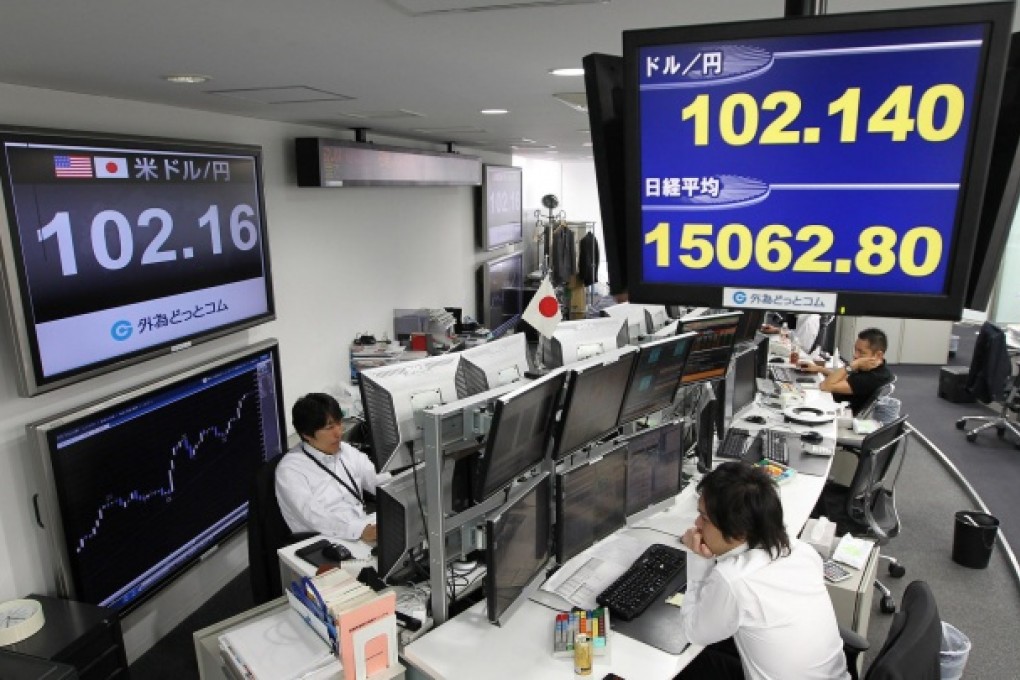Banking on a weaker yen
Japan's stimulus plans have driven down the yen, which has cheered many but risks exporting deflation

For avid Japan-watchers, the past six months have been enthralling. First, the rhetoric used by Prime Minister Shinzo Abe during his election campaign was a marked break from the past. By openly challenging the status quo, Abe made it clear he was (and is) serious that Japan's legacy of deflation must be turned back.
Without a healthy dose of moderate inflation, Japan's economic malaise would go on forever, and it's up to a new Bank of Japan to deliver policies to make that happen. Then came the April Bank of Japan meeting where newly installed governor Haruhiko Kuroda announced a massive asset-buying programme, catapulting Japan into the premier league of money-printing central banks.
All the while, since late September 2012, the yen has been on a largely uninterrupted downward plunge against the United States dollar. In mid-May the yen broke through the psychologically significant 100 barrier, which invariably means that currency forecasters' sense of confidence is boosted in making calls for further weakness. According to Bloomberg, the average forecast of 50 financial institutions for the year-end is only 104. The longer that the yen can stay above the 100 level, investors should expect analysts to become braver and call for further weakening, eager not to be left behind in the yen's welcome drop.
But is the yen's fall welcome? Anecdotal reports suggest that Hongkongers are stocking up on yen, presumably as favourite sushi restaurants and boutiques in Tokyo are now 30 per cent cheaper than they were six months ago. (Nothing is more "anecdotal" than my own behaviour, and I confess to buying yen too!) So from the perspective of freer-spending tourists and Japan's large export industry, the yen's drop is a welcome boost.
On the other hand, we see mounting evidence that Japan is exporting deflation to other countries, as cheaper Japanese imports feed into lower prices among her trading partners. That does not go unnoticed and, gradually, other central banks have been stirring, such as the Bank of Korea's recent surprise rate cut.